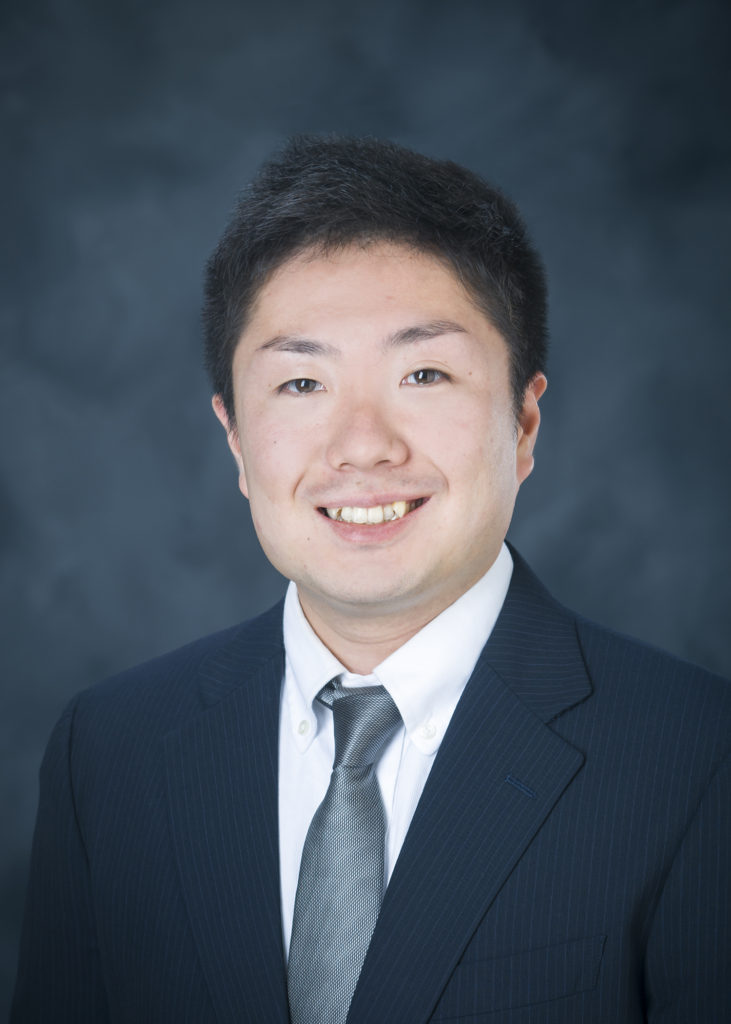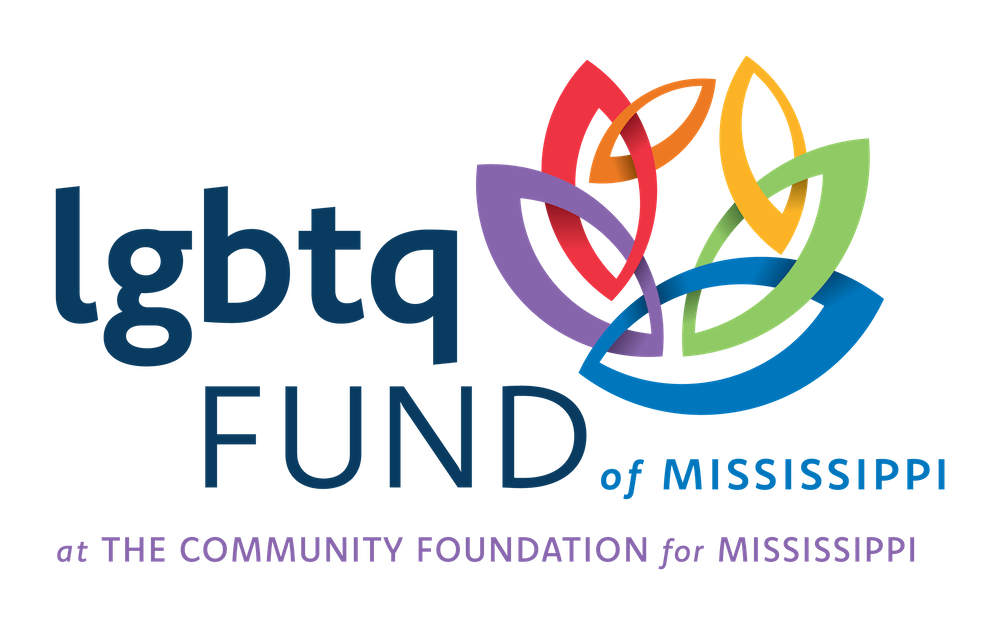Making Mississippi State University a more inclusive campus.

The Holmes Cultural Diversity Center at Mississippi State University helps underrepresented students succeed in college and in life post-graduation through various programs and training that are related to diversity, inclusion, and equity.
“I’ve been doing this work for a few years, and I noticed that especially LGBTQ+ students from Mississippi tend to have very negative experiences in their community, and they don’t have much understanding of the LGBTQ+ community or their identity. Our programs have focused on increasing allies and have not had many programs for LGBTQ+ students to develop knowledge about their community and their identities and to practice skills to build resilience to thrive in their life,” said Kei Mamiya, Assistant Director of the Holmes Cultural Diversity Center.
The LGBTQ+ Identity Development and Resilience Workshop, supported by the LGBTQ Fund of Mississippi, will be held each semester to help students better understand themselves and teach students about the intersectionality of different identities and skills in order to develop resilience.
Creating Better Spaces and Allies
The goal of the workshop is to not only help LGBTQ+ students gain self-confidence and learn self-worth, but also to raise awareness of the community in general and provide information for other people on how to support LGBTQ+ people on campus. For many college students, it’s their first time to interact with people from different backgrounds, which is why this program is so important — students get to learn about each other.
“I’m not from this country, so whenever I interact with students I sometimes hear, ‘You’re the first Japanese person I’ve met.’ A college campus is really important because it’s such a unique space, and it has a lot of opportunities for students to level up their knowledge. It’s already diverse, so we’re trying to make sure that whenever people interact with people from different backgrounds, they can be more respectful,” said Mamiya.
“For me, wellbeing [for the LGBTQ+ community] is definitely a long way away, and it will always be a process to make sure that LGBTQ individuals are comfortable and proud of who they are and not afraid to challenge oppression. That’s the ultimate goal. It’s also important to connect LGBTQ+ people across the state and create a community as well, making sure LGBTQ+ people can talk to each other and share resources.”
To learn more about the Holmes Cultural Diversity Center, visit their website or Facebook.
